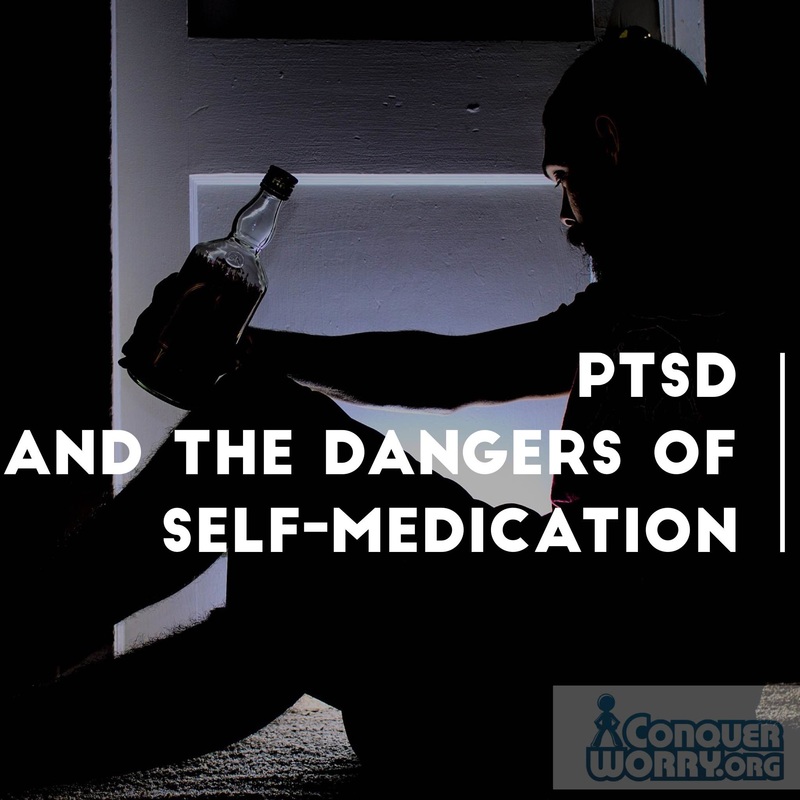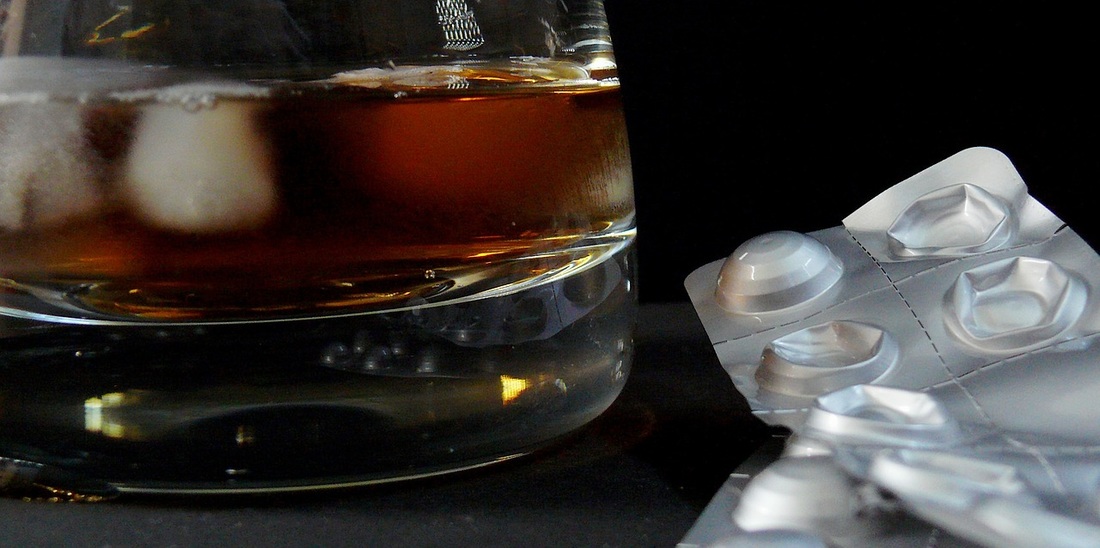|
Addiction is categorized as a mental illness, even if it’s not always seen that way. Those addicted to drugs or alcohol are twice as likely to have an additional mental illness. Unfortunately, these two illnesses can send a person down the path to self-destruction. A good friend of mine committed suicide after years of struggling with alcoholism. It wasn’t until he found himself in a substance abuse program that he was diagnosed with bipolar disorder. It makes one wonder if things may have turned out differently had he been diagnosed earlier. Since my friend’s death, I’ve been taking a closer look at the connections between addiction and other mental illnesses. Post-Traumatic Stress Disorder (aka PTSD) is an illness which often walks hand-in-hand with addiction. PTSD is most commonly suffered by veterans and victims of abuse. The disorder causes a number of disruptive symptoms including flashbacks, insomnia, and depression. With the modern stigma against mental illness, some sufferers of PTSD go untreated. Without proper treatment, PTSD symptoms grow worse, leading those with the disorder to self-medicate. Self-medication is most often done with alcohol but also can be done with a variety of drugs. Below, we highlight a few of the dangers of self-medication and the reasons those suffering from addiction should get help. Self-Medication Leads to Addiction When a person self-medicates with drugs or alcohol to feel better, he becomes increasingly more likely to continue the behavior in order to feel normal. Not only does self-medication lead the person to feel he needs the substance to go about his life, but it also creates a physical dependence on the substance. Addiction is the last thing a person struggling with mental illness needs. Substance Abuse Increases the Risk of Suicide Those who abuse a substance are six times more likely to attempt suicide. This alarming statistic does not include the added risk for suicide experienced by PTSD sufferers. It also fails to incorporate the risk of accidental suicide via overdose. As the individual increases his tolerance to his substance of choice, he will begin to take more and more, and continue to slide down the slippery slope to unintentional overdose. Self-Medication Damages Relationships Any person who has struggled with addiction can attest to the strain the addiction placed on his relationships. A person with PTSD may unintentionally prioritize his substance abuse above his loved ones. The combination of social anxiety that often comes with PTSD, lack of proper treatment, and substance abuse is bound to batter one’s family ties. It is critical for people with PTSD, even those who already are self-medicating, to seek help immediately. Recovery is the only way to repair any damage to relationships. Substance Abuse Makes Symptoms Worse When left untreated, PTSD symptoms grow worse with time. When the effects of drug and alcohol wear off, the original symptoms of PTSD are aggravated, leading a person to abuse substances even further. While self-medication may seem to help in the short term, it is wreaking havoc in the long term. The only real way to combat symptoms of PTSD is to seek help from a trained professional. Treatment for PTSD does not have to be embarrassing or uncomfortable. There are many forms of therapy available to help you recover and cope in the way you want. PTSD service dogs also are available to make daily life more bearable. Whatever form of therapy you choose, it is critical that you find and undergo professional treatment. Self-medication may seem to work in the moment but in actuality, you are damaging your chances of living a normal life in the long run. Get help, seek support, and avoid addictive substances. About the Author Adam Cook has a strong understanding of the devastation that can be caused by addiction. He recently lost a close friend to an addiction-related suicide. In an effort to better educate himself and to help others, he created AddictionHub.org, a site that provides addiction and mental health resources. When he isn’t working or adding to his website, he’s prepping for his first triathlon.
1 Comment
Michael
9/1/2016 03:13:18 am
Guard113 here, the photographer and subject in the photo above. When I came home from my first deployment I fell into the bottle deep; I realized it was becoming an issue and took care of the problem. I took this photo several years later as a reminder of how far I have come since then.
Reply
Leave a Reply. |
Build Your Action Based Stress Reduction System
Popular PodcastsOlympian Suzy Favor Hamilton - From Fame to Prostitution to Advocacy
Hall of Fame Basketball Star Chamique Holdsclaw on Mental Resilience Diana Nightingale on her husband Earl Nightingale's Principles for Mental Health Success JoAnn Buttaro on Date Rape & PTSD Survival Story: Its Never Too Late Gabe Howard on BiPolar Advocacy Phil Fulmer on Teen Suicide Prison, Bipolar and Mania with Andy Behrman Columbia Univeristy's Dr. Rynn on OCD Archives
March 2018
Categories
All
|




 RSS Feed
RSS Feed





